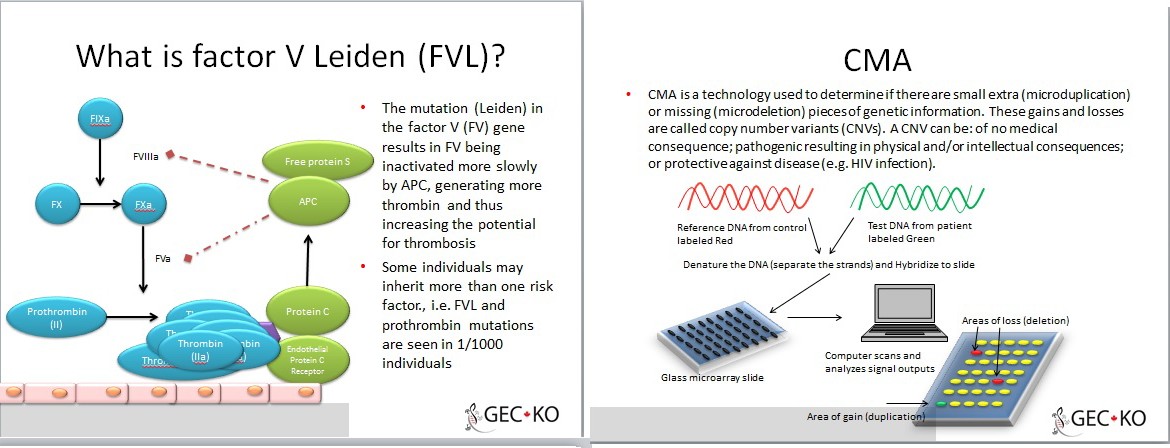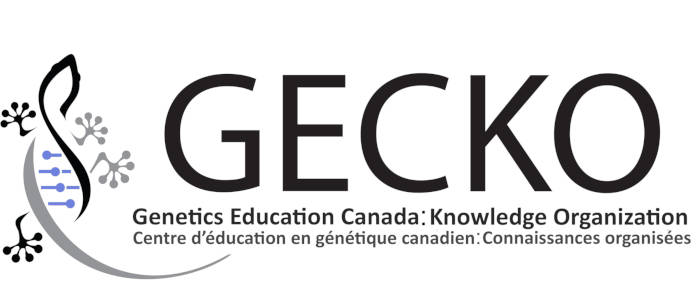
Our understanding of the contribution of genetics to ill-health and disease is growing exponentially, providing many examples of the use of genetics knowledge and genetic tests in mainstream healthcare. These scientific and technological advances have changed the needs of practitioners, patients and the public. The growing number of genetic tests places increased demands on practitioners to provide up-to-date and relevant information to patients.
We have created PowerPoint presentations, found in the Education Modules menu, for a range of genetic and genomic topics to be used by educators and motivated learners. All of these sessions have been delivered to primary care audiences by the GEC-KO team and the team has received very positive feedback. Each module is up-to-date, evidence-based and has accompanying resources such as a point of care tool, a GEC-KO on the run and/or a GEC-KO Messenger. One can use, adapt and re-purpose these slides as required.
Current topics include:
- Alzheimer disease (AD)
- Autism Spectrum Disorder & Developmental Delay and Chromosomal Microarray (ASD & DD and CMA)
- Direct to Consumer genetic testing (DTC)
- Factor V Leiden (FVL)
- Hereditary Hemochromatosis (HH)
- Hypertrophic Cardiomyopathy (HCM)
- Lynch syndrome (LS) [hereditary colorectal cancer]
- Multiple Sclerosis (MS)
- Non-Invasive Prenatal Testing (NIPT)
Upcoming topics include:
- Prenatal Microarray
- Hereditary Breast and Ovarian Cancer


